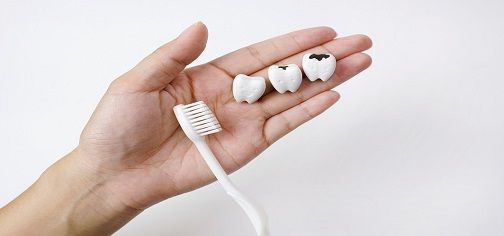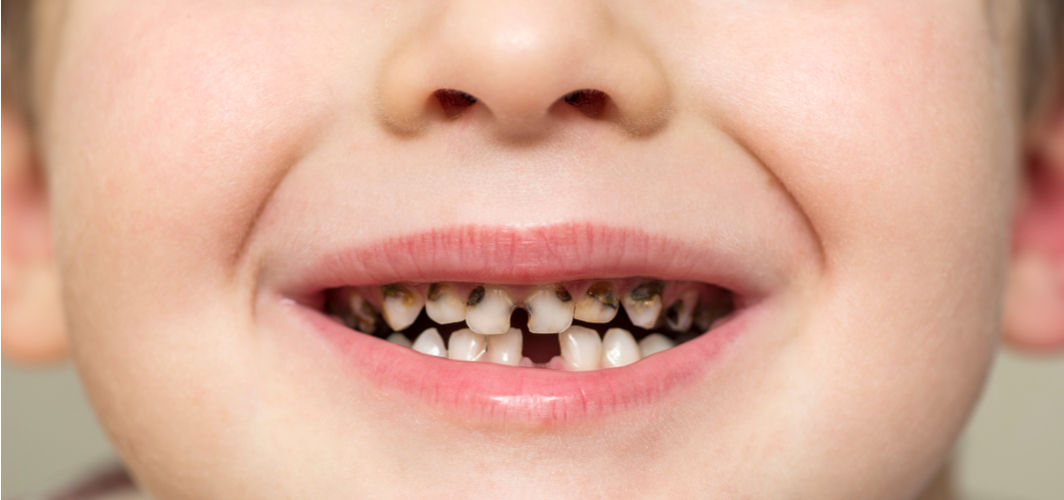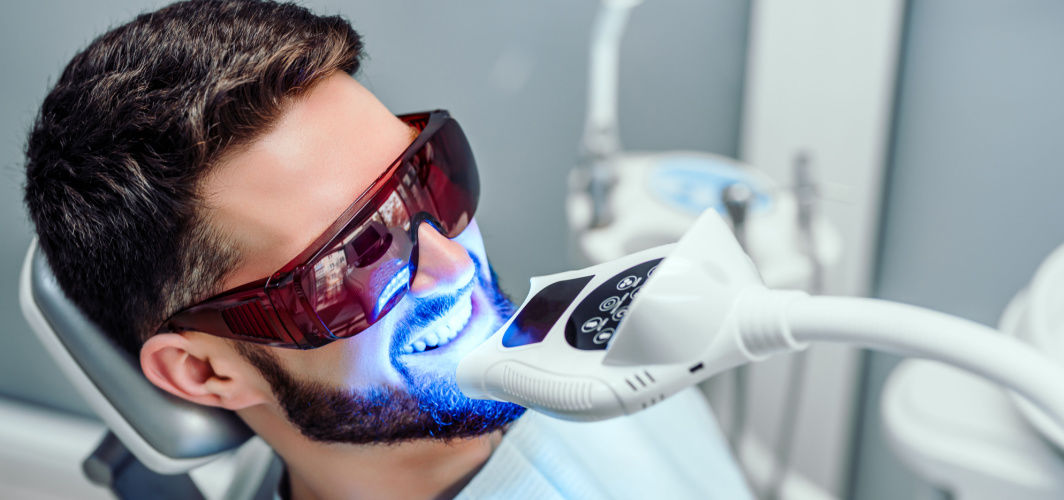Oral & Dental
Tips to Prevent or Reverse Cavities
4 min read
By Apollo 24|7, Published on - 19 December 2022, Updated on - 19 November 2023
Share this article
0
2 likes

Ask a dentist and you will get to know how common it is to find a tooth cavity in every second individual in today's society. And yet you can reverse the cavity if you practice to be safe rather than sorry. The general dentist's advice is to fix the cavity at the 1st sight. This is because a cavity continues to progress when left unattended. So a right call at the right time can absolutely reverse cavities but any delay in the same can lead to grave outcomes with invasive treatments! Read on to know more.
What Are Cavities?
Cavities generally present as pits, fissures, or deeper hollows that cave inside the tooth following decay. Such decay is commonly referred to as dental caries and is caused by a type of bacteria known as "streptococcus mutants,". They result in the demineralization of the tooth structure, starting from the enamel. It does this by first breaking the trapped food material in between the teeth, into smaller pieces, and then by building a capsule that adheres to the tooth.
Did You Know?
You can increase your risk of developing cavities by eating food rich in acid and sugars.
If you happen to discover those very tiny white spots on your teeth when you're brushing, those invaders are the early stages of dental caries. Before they turn black and deep they can be reversed! Raising an alarm in the early phases with behavioural and preventive steps is all that is required.
Did You Know?
Minerals in saliva and fluoride from toothpaste aid enamel's natural ability to mend.
9 Tips To Prevent Cavities
You can stop cavities in their early tracks by remineralizing your teeth with the help of the three musketeers: brushing, flossing, and fluoride application. If spotted early enough, the damage caused can be reversed.
When fluoride is applied to the teeth, it has a suppressing effect on the activity of decay. It encourages the development of minerals, also known as remineralization, in the teeth, which in turn helps to strengthen and repair the structure of your teeth, specifically the enamel.
If you do have a cavity that needs to be filled, you should not put off the treatment — even if it's only a small one! Nip it in the bud to avoid further tooth decay.
- Make sure to use fluoride toothpaste and brush your teeth twice a day.
- For optimal oral hygiene, floss at least once daily.
- Drinking fluoridated water is a great way to up your daily fluoride intake.
- Restrict your intake of foods that are particularly high in sugar, acid, or starch.
- Go for dental check-ups and cleanings every six months.
- Remember to give your mouth a quick rinse after eating.
- Take in plenty of fluids, especially water.
- Avoid drinking alcoholic beverages.
- Stop smoking cigarettes
Did You Know?
People who smoke cigarettes have a greater risk of developing cavities in their teeth.
Final Note
Well reversing a cavity can actually be easier than you may think. There is proof that changing your diet can stop tooth decay in its tracks. Unfortunately, a cavity may progress to the point where it cannot be reversed.
This happens when the enamel in the dentin is destroyed by bacterial acid. During this time, the cavity has the potential to grow significantly larger; if it does, you might need a root canal or an extraction.
You would then feel discomfort or sensitivity in the tooth at this point, indicating the necessity for the filling.
Did You Know?
Cavities, if left untreated, can lead to pain, infection, and a host of other issues that can make even the simplest of activities like eating.
Use the tips in the blog, to protect your teeth from decay and avoid the need for fillings. But keep in mind that not all cavities can be fixed, so it's better to visit your dentist as soon as you feel any pain or discomfort in order to protect your oral health.
Medically reviewed by Dr. Dhanunjay Reddy B
Oral & Dental
Leave Comment
Recommended for you

Oral & Dental
Not Brushing Your Baby’s Teeth? They Can Get Cavities Too!
While we know the importance of oral care in preventing dental diseases, it is extremely important to begin this care right from infancy. This article addresses how cavities can develop in infants and the ways to prevent them.

Oral & Dental
Is Severe Gum Bleeding A Sign Of Diabetes?
There is a two-way link between diabetes and oral health, particularly gum disease. People with diabetes are at a higher risk of developing oral health problems due to the impact of high blood sugar on the mouth. The article provides tips on how to maintain good oral health for overall diabetes management.

Oral & Dental
Teeth Whitening: Types, Risks, Side Effects, Results
Achieve a brighter smile with professional teeth whitening. Learn about the different types of teeth bleaching techniques, their risks, side effects and results.
Subscribe
Sign up for our free Health Library Daily Newsletter
Get doctor-approved health tips, news, and more.
Recommended for you

Oral & Dental
Not Brushing Your Baby’s Teeth? They Can Get Cavities Too!
While we know the importance of oral care in preventing dental diseases, it is extremely important to begin this care right from infancy. This article addresses how cavities can develop in infants and the ways to prevent them.

Oral & Dental
Is Severe Gum Bleeding A Sign Of Diabetes?
There is a two-way link between diabetes and oral health, particularly gum disease. People with diabetes are at a higher risk of developing oral health problems due to the impact of high blood sugar on the mouth. The article provides tips on how to maintain good oral health for overall diabetes management.

Oral & Dental
Teeth Whitening: Types, Risks, Side Effects, Results
Achieve a brighter smile with professional teeth whitening. Learn about the different types of teeth bleaching techniques, their risks, side effects and results.